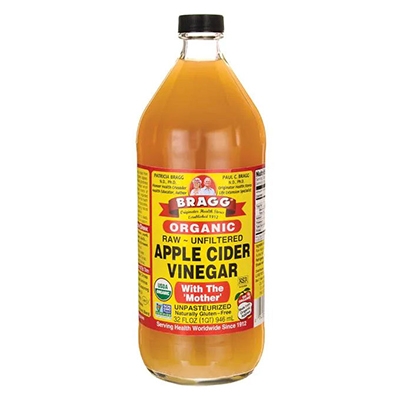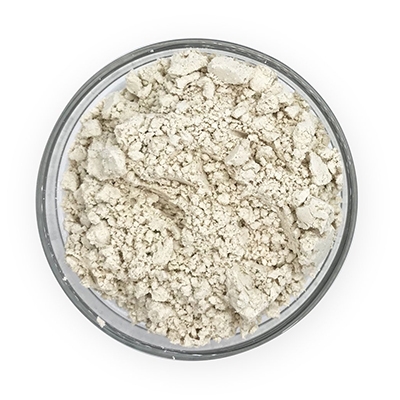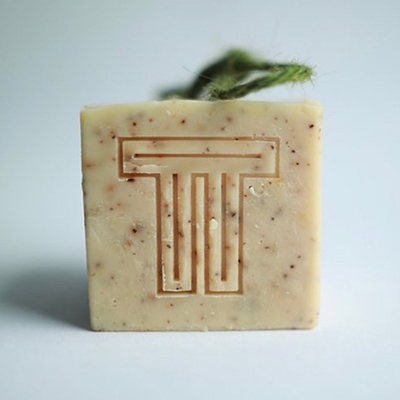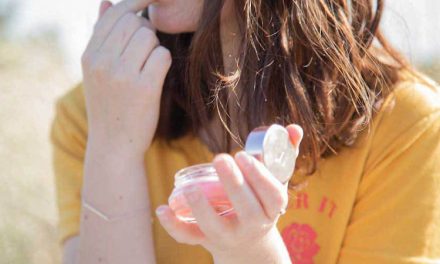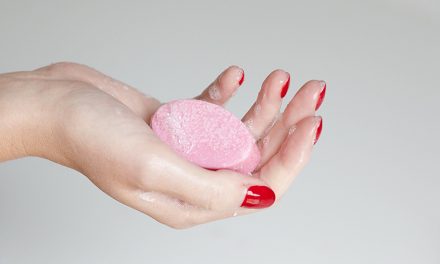How to Treat Eczema naturally
Finding natural and effective relief from skin conditions like eczema can be life changing. So how can you treat eczema naturally? We’ve found the tricks and products to help.
Anyone who is struggling with eczema knows how tricky it is to find long-lasting relief. Eczema is a condition of the skin in which patches become inflamed, itchy, cracked, and rough. In some harsher episodes, it can also end up causing blisters. Many people use the word eczema when referring to ‘atopic dermatitis’, which is actually the most common type of eczema. Atopic means that the immune system is involved, and there is currently no cure for it. However that doesn’t mean there is nothing you can do to improve your symptoms.
Finding out what triggers irritated patches is key, as being able to avoid the context which can lead to eczema flare ups is a huge step in treatment. There’s no defined, infallible cure, but treatment for the condition can effectively heal the skin and prevent a flare up of symptoms. Eczema is common in infants, with most people developing the condition before the age of 5 years. However, 60% of children don’t show symptoms in their teenage years. People with the condition will often experience periods of time when their symptoms worsen, followed by periods of time when their symptoms will improve or clear up. For those times when symptoms are worse, we have found some effective and all natural tips and products with bring you relief.
Take A Bath
A warm bath is great at healing itchy and irritated skin. It can soften and hydrate the skin. When a person has a skin condition such as eczema, their skin needs extra moisture. This is because the outer layer of their skin is not functioning as it should. Make sure you’re not bathing too often and be extra careful about the shower gel or body wash you’re using. It’s likely that you can instead dry out your skin and make eczema worse if you use products containing things like fragrance, lanolin, propylene glycol or ethanol (alcohol). Avoid water that is very hot or too cold too.

Diet
Having a handle on how your diet affects your eczema is vital. Allergens can cause eczema, and some foods, such as nuts and dairy, can trigger symptoms more than others. But everyone is different so these are not givens. An allergy test can help identify the culprits. As can cutting out some foods for a short time to discover which ones might cause a flare. Remember to cut just one at a time and for at least 3 weeks before reintroducing. In this way, it will be easier to identify the guilty food. If you are in doubt, it’s always best to consult a nutritionist or doctor who can advise you of the safest and most effective way to proceed with an elimination diet.
Apple cider vinegar
Even though apple cider vinegar can help with the condition, you’ll need to be extra careful as the vinegar’s acids can damage soft tissue. However it can help to balance the skin’s acidity levels, as people with eczema may have less acidic skin than others. Applying apple cider vinegar also helps to fight bacteria, including Escherichia coli and Staphylococcus aureus. Remember to always dilute it before use: 1 cup of warm water and 1 tablespoon of vinegar should be a balanced solution. However we always recommend to start by testing it on a small patch of skin. You can apply it topically or add some apple cider vinegar in your bathwater.
Organic Apple Cider Vinegar with The Mother, £6.99, Bragg at Holland and Barrett
Aloe Vera Gel
Aloe Vera is one the most common products used to soothe eczema, as it usually contains one single ingredient. It’s one of the least problematic lotions you could possibly use on your skin. Aloe Vera is known for being excellent at healing burns so it’s wonderful healing and cooling properties make it perfect for eczema ravaged skin. It also has antibacterial and antimicrobial effects, which can prevent skin infections.
Honey
Honey is another natural antibacterial and anti-inflammatory agent, so it works wonders to heal wounds and nourish inflamed skin. You can dab a little honey on the affected area and then rinse clean with warm (never hot) water. We recommend using organic honey, like GFM’s Organic Honey, here to ensure that no sneaky residual chemicals are mixed in there.
Colloidal Oatmeal
Colloidal oatmeal, also known as Avena sativa, is made from oats that have been ground and boiled to extract their skin-healing properties. You can simply add powdered colloidal oatmeal to a warm bath and enjoy a soothing soak. We also love Lush’s Oaty Creamy Dreamy Shower cream if you don’t have time for a bath. It’s very gentle on the skin and safer to use than apple cider vinegar, in case your skin is more irritated than usual.
Coconut Oil Free Shower Bar
Excessive use of products containing palm oil and coconut oil can, after time, dry our skin out. So it’s important to try to avoid both ingredients when looking for skincare products to treat your eczema. Kimberly Waldropt founded TERRA•TORY, as she struggled to find the right products to treat eczema. She wanted to choose soaps more on the natural side, but even those were too rich with coconut oil. Now she makes her own, using only natural ingredients and no comedogenic oils. Targeted at those suffering from eczema the soaps are handmade by Kimberly and are free of palm oil and coconut oil as well as being hypoallergenic.
Did This Put A Smile On Your Face? Why Not Subscribe?
If you enjoyed this then theres plenty more on our email newsletters that you'll love. Whether you're a sustainable newbie or an eco conscious pro, our bi monthly emails will inspire you to live sustainably and ethically.
Disclaimer: The content of this article is for general advice only and should not be used as a substitute for professional healthcare or beauty advice. We make every effort to ensure we only recommend safe products however you should always do a patch test when trying new products. This post may contain affiliate links. All images courtesy of Unsplash

